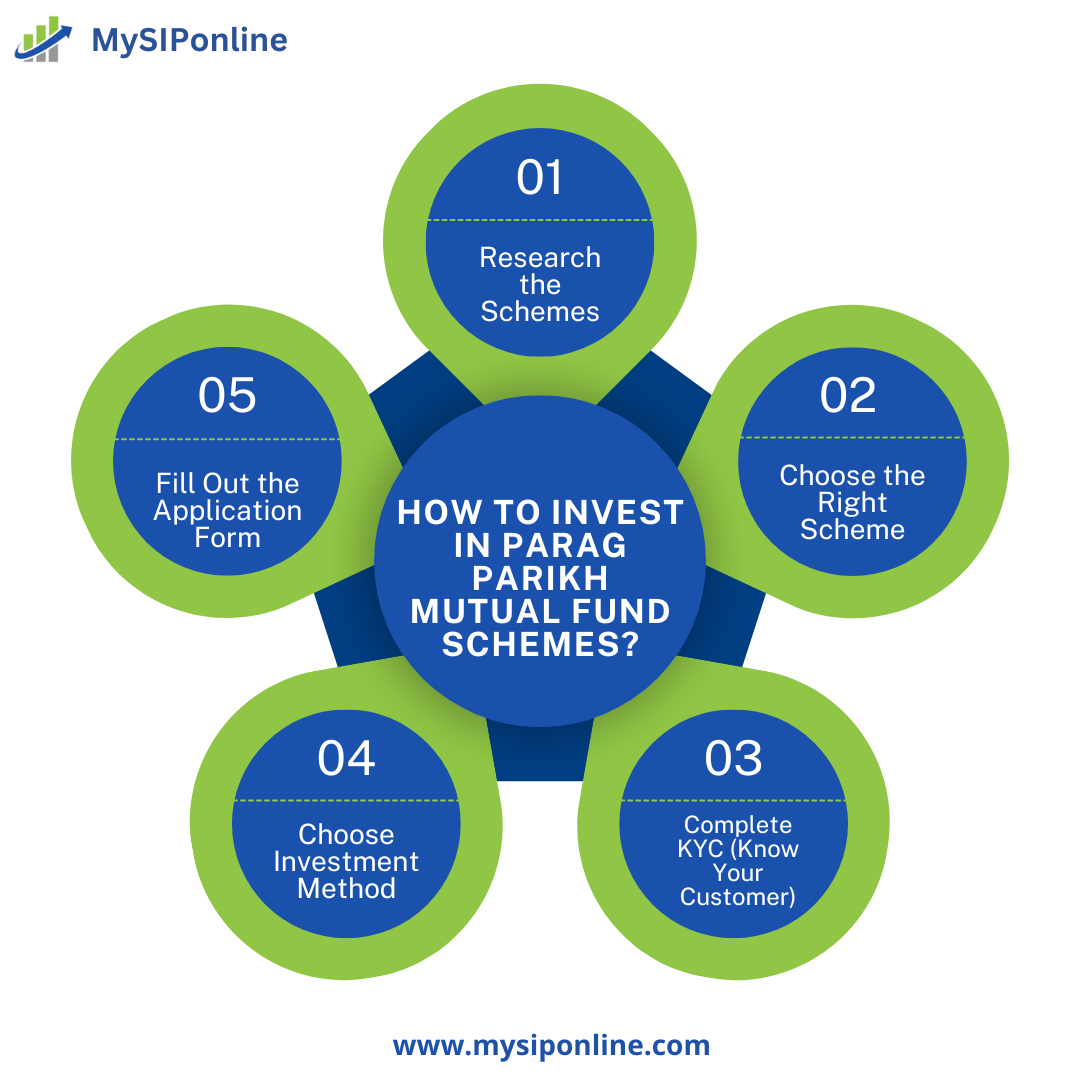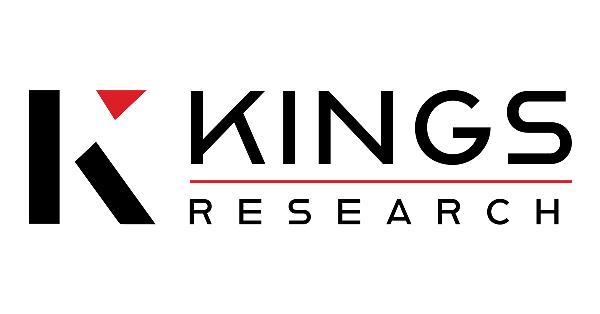
If you’ve been in the game long enough, you’ve seen this coming. Quiet acquisitions. Big-name brokerages merging. The same five players showing up on every load board. Broker consolidation isn’t a trend—it’s a tidal wave. And like every major shift in this industry, it’s the small carriers who feel the hit first.
But this ain’t a doom-and-gloom story. It’s a reality check. And like every challenge in trucking, there’s a way to move smart and come out stronger—if you’re paying attention and playing the long game.
Let’s unpack what’s really going on, what’s driving these moves behind the scenes, and how you, as a small carrier or fleet owner, need to adjust your strategy now before the landscape shifts even further.
Why Broker Consolidation Is Accelerating
Consolidation doesn’t happen randomly. It happens because the freight economy is tightening—and big brokerages are realizing that scale equals survival. When margins shrink and shippers demand more transparency, brokers need more leverage. So, they merge, acquire, and grow—fast.
In the last few years, we’ve seen multi-million-dollar deals between mid-tier brokerages and publicly traded giants. What’s the end game? Fewer brokerages with more control over freight volume, pricing, and capacity.
Technology is playing a big part too. TMS platforms, AI-based pricing tools, and load-matching software are expensive to build but easier to scale once you reach critical mass. Smaller brokers simply can’t keep up. So they sell—or get swallowed.
But here’s the kicker: the average carrier isn’t watching the back end of these deals. They’re just seeing fewer broker names, tighter margins, slower payments, and more hoops to jump through just to get the same freight they ran last year.
And that’s where things get real.
What This Means for the Small Carrier
Let’s not sugarcoat it. Broker consolidation is a direct threat to the independence and leverage of small carriers. When five brokers control 80% of your outbound lanes, your negotiating power shrinks. Period.
Here’s what else it means:
1. Fewer Relationships, Less Leverage
When regional brokers get bought out, the personal relationships you built over years disappear overnight. You’re no longer dealing with Sarah, who knew your schedule and lanes—you’re calling into a general dispatch queue with 500 other trucks.
2. Standardized Rates and Less Flexibility
Big brokerages operate on margin control and volume, not relationships. That means rates are algorithmic, not negotiated. You’ll get what the system offers, and if you push back too hard, you’ll just get skipped over.
3. Stricter Onboarding Requirements
Mega brokers want to protect their shippers. So they tighten onboarding: higher insurance minimums, stricter safety scores, longer payment cycles. If your back office isn’t dialed in, you’re out before you’re in.
4. More Competition on the Load Board
Consolidated brokers push more freight to digital platforms, which sounds good—until you realize you’re bidding against every other small carrier who saw the same load five seconds after you did.
This isn’t a playing field. It’s a meat grinder. And if you don’t adapt, you’re going to find yourself hauling cheap freight with rising costs and no seat at the table.
The Freight Economy Is Turning into a Volume Game
Here’s something most folks miss: large brokers win because they aggregate capacity. That means the more trucks they can “control”—whether through contracts, apps, or consistent use—the better pricing they offer to shippers.
But where does that leave you?
If you’re a 1–10 truck operation, you can’t play the volume game. You’ve got to play the relationship game. That means:
-
Finding shippers who value consistency over cost
-
Narrowing your lanes and becoming irreplaceable
-
Getting off load boards and onto routing guides
You can’t win by playing their game. You win by building your own.
How Small Carriers Can Still Thrive
Now here’s the good news: being small still has its advantages—if you know how to use them.
1. Stay Niche, Stay Profitable
Stop chasing everything. Specialize. If you run reefer, get tight on lanes and seasonal cycles. If you run flatbed, focus on niche commodities. Brokers can’t replicate the precision and flexibility of a specialized carrier. That’s your edge.
2. Build Direct Relationships—Now
The clock is ticking. Every week you stay dependent on brokers is another week you lose leverage. Start mapping your lanes. Identify potential direct shippers. Make calls. Send emails. Drop in face-to-face. Relationships built today pay off when capacity tightens again.
3. Level Up Your Back Office
If your safety scores, invoicing, or paperwork is sloppy, you’ll get left behind. Clean it up. Build systems. Automate what you can. Make your operation easy to work with and compliant with larger broker or shipper expectations.
4. Watch the Freight Tech Stack
The big players are using technology to move faster. That doesn’t mean you need to break the bank, but you need to pay attention. Digital rate confirmations, GPS tracking, ELD integrations—all of that matters now. If your systems are outdated, you’re adding friction to every transaction.
5. Collaborate with Other Carriers
This one is underrated. You may not have 50 trucks, but if you partner with others in your region or niche, you can co-market to shippers, share backhauls, or present a united front for routing guide bids. That’s how small fleets punch above their weight.
Real Talk – What I Tell My Carriers
When I work with small carriers inside the Playbook, I don’t sell dreams. I deliver strategy. And the truth is, broker consolidation isn’t going away. If you’re waiting for things to go “back to normal,” you’re already behind.
Here’s what I tell my fleet owners every single week:
-
Stop thinking of brokers as your customers. They’re not. They’re your middleman.
-
Stop looking at load boards as a strategy. They’re a backup plan.
-
Start investing time in what builds long-term leverage: shipper relationships, clean compliance, and operational consistency.
Because in this new landscape, the winners will be the ones who control the freight—not the ones chasing it.
Final Word
Broker consolidation is changing the rules of the game, but it’s not the end of the road for small carriers—it’s just a different road. The ones who adjust, evolve, and build outside the load board will thrive. The ones who don’t will keep running harder for less money.
Don’t let size be your excuse. Let it be to your advantage. Move faster, build tighter, and stay focused.
Because in this business, the ones who adapt are the ones who survive—and the ones who dominate.
The post The Rise of Broker Consolidation – What It Means for Small Carriers appeared first on FreightWaves.









![Lobster Market Growth: Key Factors Driving Expansion to USD [9.6 Billion] by {2029}](https://noticiasdecostarica.com/zb_users/upload/2025/07/20250714121902175246674235065.png)



